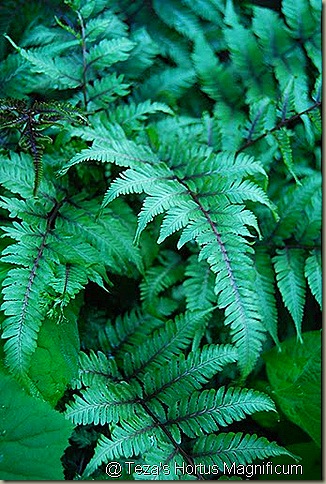Having healthy soil in your garden will help your plants avoid insect pests. Healthy plants are stronger and more able to resist both pests and disease. Healthy, rich soil with fewer chemicals will increase the yield of your plants, and reduce accumulated salts.
The main reason people decide to go organic when horticulture is that they think commercial chemicals, including pesticides and fertilizers, may degrade soil quality, harm the environment and cause long-term damage to their personal health. A lot of techniques for organic gardening actually don’t cost a lot of money. With the tips here in this article you can quickly become an expert in organic gardening.
Make sure your soil is healthy enough before you start planting anything. You can get a soil analysis, and if you find your soil needs a supplement, do it! You can often find Cooperative Extension offices that provide this service, which can help to make your garden flourish.
Starting a garden with the best soil is a great defense mechanism against pests. If your plants are healthy, they can more easily resist insects and disease. To increase your garden’s likelihood of producing strong and healthy plants, use high-quality soil containing minuscule amounts of chemicals, which will eventually collect salts.
A good green garden should start from seeds and not plants. This is a more sustainable way to start a garden. The plastics used in nurseries are rarely recycled and ends up in landfills, so it is best to start with the seeds or buy from nurseries who use organic materials in packaging their plants.
When mowing your lawn, be careful not to cut the grass too far down. If you let your grass keep some height after mowing, it will be able to absorb more sun and moisture resulting in a lusher, greener lawn. When grass is cut too low the roots will not grow as deep, and your lawn may suffer from brown patches.
Make sure that you wear appropriate clothing when you garden so as to avoid any sun damage. Wear sunglasses and hats with wide brims, and apply sunscreen. Protecting yourself from harmful UV rays means you are less likely to get sunburned or suffer skin cancer later in life.
Coffee Grounds
Take your time when planting seeds. First, you should loosen the soil, and ensure that it is sufficiently moist. Lay out your seeds, and make sure that they will have enough room to grow. The depth at which you bury them should be three times their size. There are some seeds that require light to grow, so they must not be buried.
If you learn that your soil has a high amount of alkaline, mix some used coffee grounds into it. Using coffee grounds is a less expensive way to make your soil more acidic than trying to replace your topsoil. This can help your veggies and greens look more vibrant and taste better!
When composting lawn clippings, leaves, and other materials, it is best to add the same amount of green, freshly-cut material as you do dried material. Add grass clippings, waste from fruits and vegetables, leaves, and weeds for the green materials in your compost pile. Sawdust, straw, cardboard, paper and wood pulp are all examples of dried plant material. Diseased plants, meat and fire-waste like charcoal or ashes should not be placed in your compost pile.
Before you start planting your garden, plan it out. This will help you to remember where you planted the different plants when sprouts begin to shoot up from the ground. You are also less likely to lose smaller members of the larger garden in the overall mix.
Grow your plants in different areas of the garden every year. When plants of the same family are planted in the same spot year after year, it can encourage the growth of fungus and disease. The next year, when you plant the same plants in the same area of your garden, they’ll be exposed to these problems. When you rotate your crops, fungus and disease have less chance to spread.
Fertilize your garden regularly. Choose commercial compost instead of homegrown manure to keep toxins out of your plants. There are many fertilizer options available, though in reality, whatever type you choose will do the job as long as you are using something.
When mulching around trees and flowers, the depth of the organic material should be at least 3 inches. Using this much mulch prevents plants from drying out too quickly, which in turn lowers your water bill, while also preventing overuse of our municipal water supplies. You’ll discover it could also look really good.
Think about berry-producing trees that are green year round for your garden. This will aid in giving your garden great color, even during the winter when other plants have lost their colors. Other winter plants include the American Holly, Winterberry, The American Cranberrybush and the Common Snowberry.
Compost is incredibly useful in organic gardening, but what is it made of? It’s a mix of grass clippings, leaves, produce scraps, straw, small twigs and wood chips that break down and turn into a “fake” soil. It is recommended that you use this compost in place of commercial fertilizer on your organic garden.
Organic gardening is healthier. You won’t be exposing your plants – and yourself to toxins or chemicals. Use the tips you just read to help you start planting your organic garden. You will also see more animals in your garden, because organic gardens are more attuned to nature.
You can use materials found in most homes to put up a tent in your organic garden during winter. Bean poles are an easy and obvious way to create a frame. Then, throw sheets on top of them, and use bricks to keep the edges held down. This is an inexpensive way to cover your growing crops during the cold winter months.
